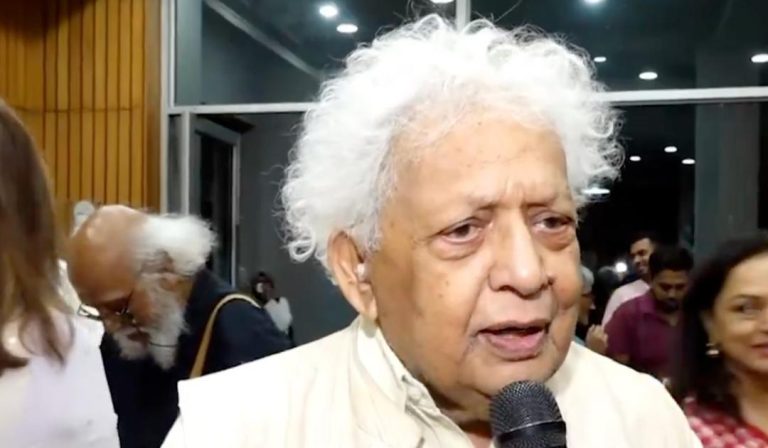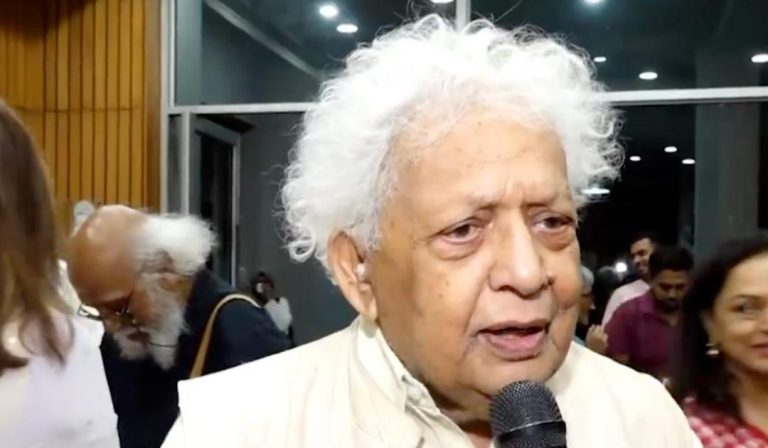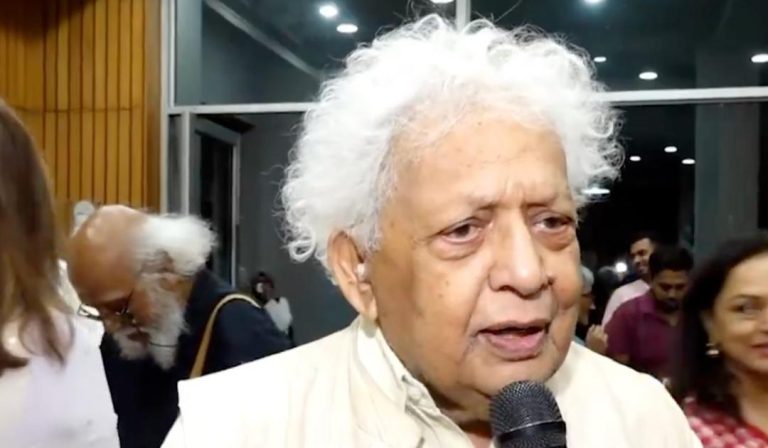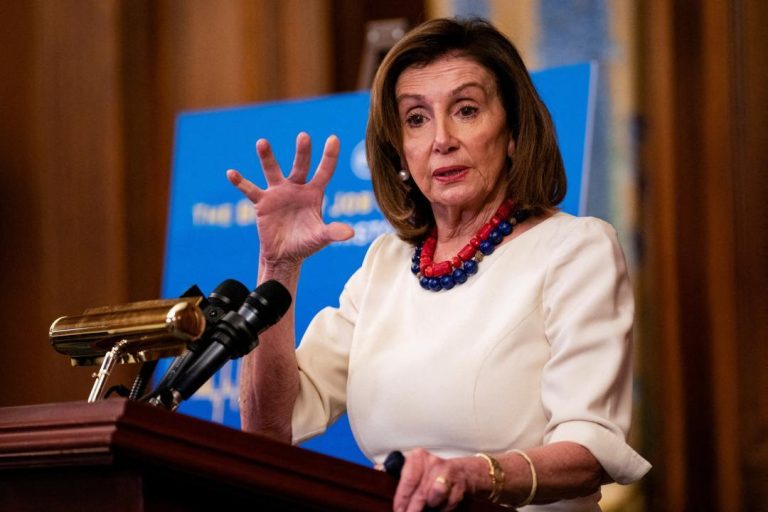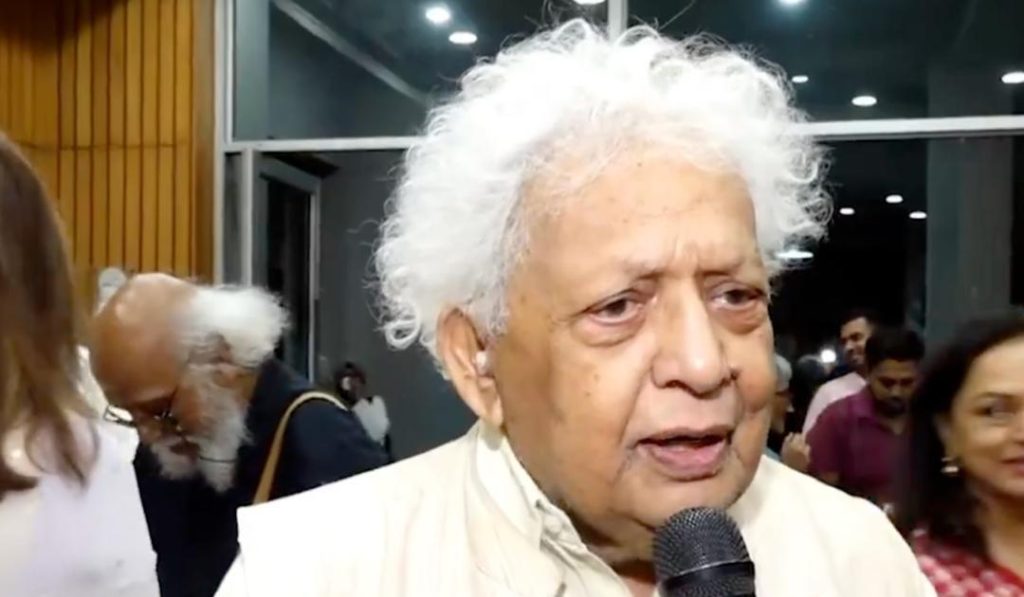
PM Modi Rightly Called Pahalgam Attack Cruel: UK MP Desai
In the aftermath of the recent terror attack in Pahalgam, India, which claimed the lives of at least 26 people, Indian Prime Minister Narendra Modi rightfully condemned the incident as a “cruel attack”. This sentiment has been echoed by none other than Meghnad Jagdishchandra Desai, a Member of the UK’s House of Lords. Desai, in his statement, emphasized the need for India to take a firm stance against the perpetrators and ensure that such attacks do not happen again.
The attack, which took place in Pahalgam, a popular tourist destination in Jammu and Kashmir, saw a group of terrorists open fire on a bus carrying Hindu pilgrims. The brutal attack has sent shockwaves across the country, with widespread outrage and condemnation pouring in from all quarters.
Desai, in his statement, minced no words in his criticism of the attack. “India has to react absolutely forcefully and see to it that not only the perpetrators are punished but that it never happens again,” he said. His words of wisdom and resolve echo the sentiments of the Indian Prime Minister, who also condemned the attack in strong terms.
The Pahalgam attack is just the latest in a series of terror attacks that have plagued India in recent years. The country has been grappling with the threat of terrorism for decades, with various groups attempting to destabilize the nation through acts of violence. Despite these challenges, India has shown remarkable resilience and determination in the face of adversity, and the country’s security forces have been working tirelessly to combat the menace of terrorism.
Desai’s statement is a testament to the global recognition of the threat posed by terrorism and the need for countries to work together to eradicate this scourge. As a Member of the UK’s House of Lords, Desai brings a wealth of experience and knowledge to the table, having served as an MP and a cabinet minister in the UK.
The Pahalgam attack is a stark reminder of the need for countries to prioritize national security and take robust measures to prevent such attacks from happening in the future. It is also a testament to the bravery and sacrifice of the Indian security forces, who put their lives on the line every day to protect the nation against the threat of terrorism.
In the aftermath of the attack, the Indian government has launched a major crackdown on terror outfits, with security forces conducting searches and raids across the country. The government has also announced a reward of ₹1 crore for any information leading to the capture of the perpetrators.
The international community has also condemned the attack in strong terms, with many countries expressing their solidarity with India. The United Nations Secretary-General, António Guterres, has called for an end to terrorism and violence, while the European Union has condemned the attack as a “heinous act of terrorism”.
As the investigation into the Pahalgam attack continues, it is clear that the Indian government will not rest until the perpetrators are brought to justice. Desai’s statement is a powerful reminder of the need for international cooperation and support in the fight against terrorism, and the importance of standing in solidarity with India in this difficult time.
In conclusion, the Pahalgam attack is a stark reminder of the cruel and senseless nature of terrorism. It is a tragedy that has left a trail of devastation and heartbreak in its wake, and it is a stark reminder of the need for countries to work together to eradicate this scourge. As Desai so aptly put it, “India has to react absolutely forcefully and see to it that not only the perpetrators are punished but that it never happens again”. We can only hope that the Indian government will take swift and decisive action to bring the perpetrators to justice and ensure that such attacks do not happen again.
Reference:
